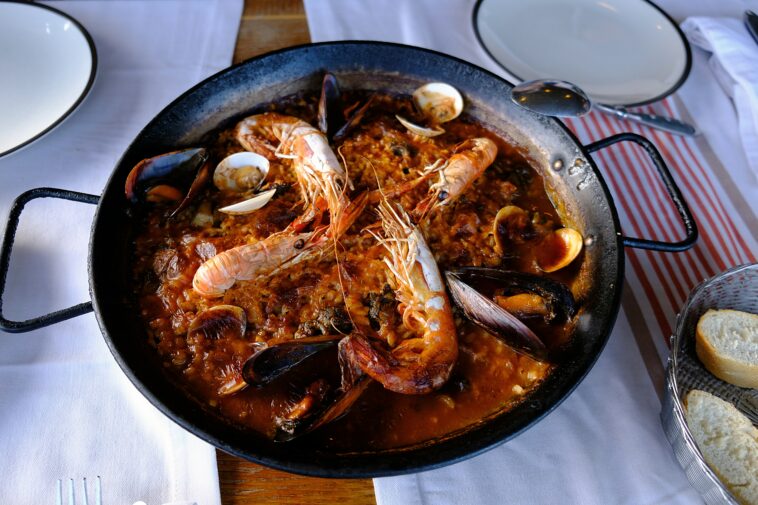Introduction:
French foie gras, renowned for its exquisite taste and cultural significance, embodies the complexities of culinary tradition and contemporary ethics. Originating from ancient practices and evolving through centuries of craftsmanship, foie gras holds a revered place in French gastronomy. However, its production methods, particularly the controversial technique of gavage, have sparked debates surrounding animal welfare and sustainability. This article explores the rich history, production processes, ethical dilemmas, and future prospects of French foie gras in the context of evolving culinary landscapes and societal values.
Historical Legacy:
The tradition of foie gras dates back thousands of years, with evidence of its consumption found in ancient civilizations across the Mediterranean. In France, the art of fattening duck and goose livers flourished during the Renaissance, becoming an integral part of aristocratic feasts and royal banquets. Over time, foie gras evolved from a symbol of opulence to a cherished culinary tradition embraced by people from all walks of life.
Production Practices:
Central to the production of foie gras is the controversial method of gavage, in which birds are force-fed a high-energy diet to enlarge their livers. While proponents argue that gavage is essential for achieving the desired taste and texture, critics condemn it as cruel and inhumane. In response to mounting pressure, some producers have adopted alternative methods, such as free-range farming and ethical gavage, aimed at prioritizing animal welfare while preserving culinary quality.
Ethical Considerations:
The ethical debate surrounding foie gras revolves around the moral implications of force-feeding and its impact on animal welfare. Critics argue that gavage causes unnecessary suffering and stress to the birds, leading to physical and psychological harm. Advocates for animal rights and welfare have called for the abolition of gavage and the adoption of more humane production practices, challenging the long-standing traditions of foie gras production.

Cultural Significance:
Despite the ethical controversies, foie gras remains deeply ingrained in French culinary culture, symbolizing tradition, luxury, and gastronomic excellence. It is celebrated in regional festivals, featured prominently in gourmet cuisine, and cherished as a symbol of French culinary heritage. The enduring popularity of foie gras reflects its unparalleled taste and the enduring allure of centuries-old culinary traditions.
Future Directions:
As consumer preferences shift towards ethical and sustainable food choices, the foie gras industry faces mounting pressure to reconcile tradition with modern values. Producers are exploring innovative techniques and sustainable practices to address concerns surrounding animal welfare and environmental impact. The future of French foie gras hinges on finding a delicate balance between preserving culinary heritage and embracing ethical responsibility in a rapidly changing world.
Conclusion:
French foie gras embodies the rich tapestry of culinary heritage, tradition, and innovation. Its journey from ancient delicacy to contemporary culinary icon reflects the dynamic interplay between culture, ethics, and gastronomy. As the industry navigates the complexities of modern challenges, the future of foie gras hinges on fostering dialogue, embracing innovation, and upholding the values of sustainability and ethical stewardship in the pursuit of culinary excellence.

